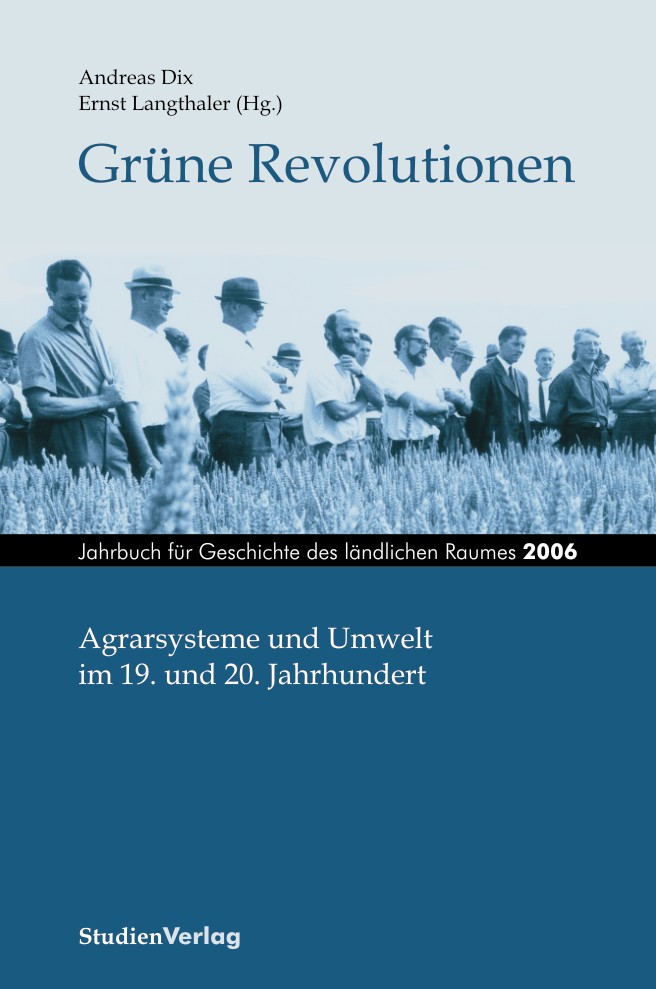Chemischer Pflanzenschutz und Landwirtschaft
Gesellschaftliche Vorbedingungen, naturwissenschaftliche Bewertungen und landwirtschaftliche Praxis in Westdeutschland nach dem Zweiten Weltkrieg
DOI:
https://doi.org/10.25365/rhy-2006-7Abstract
Starvation and crisis management have been two of the indispensable preconditions of technical and scientific change in post-war German agriculture. In the interest of an increase of farming production, pest control with special designed chemicals like DDT had become the most important method of plant protection. Firstly, this article deals with the social and political background, which accompanied the rise of new technological knowledge in plant protection. In this context, the text points out the economic plights and the black economy German society had been confronted with after 1945. Secondly, the essay stresses the difference in scientific judgement about pesticides between the protagonists of chemical industries on the one hand and ecological scientists on the other hand. Finally, the article discusses how these new chemicals have been dominating agricultural practice since the 1960s. Therefore, not only the curricula of various institutions of rural education are important criteria. Also the role of a large number of special journals and newspapers and not least the role of professional associations are examined.


